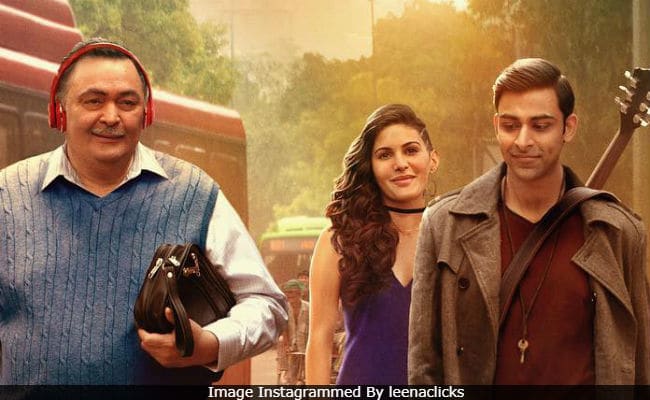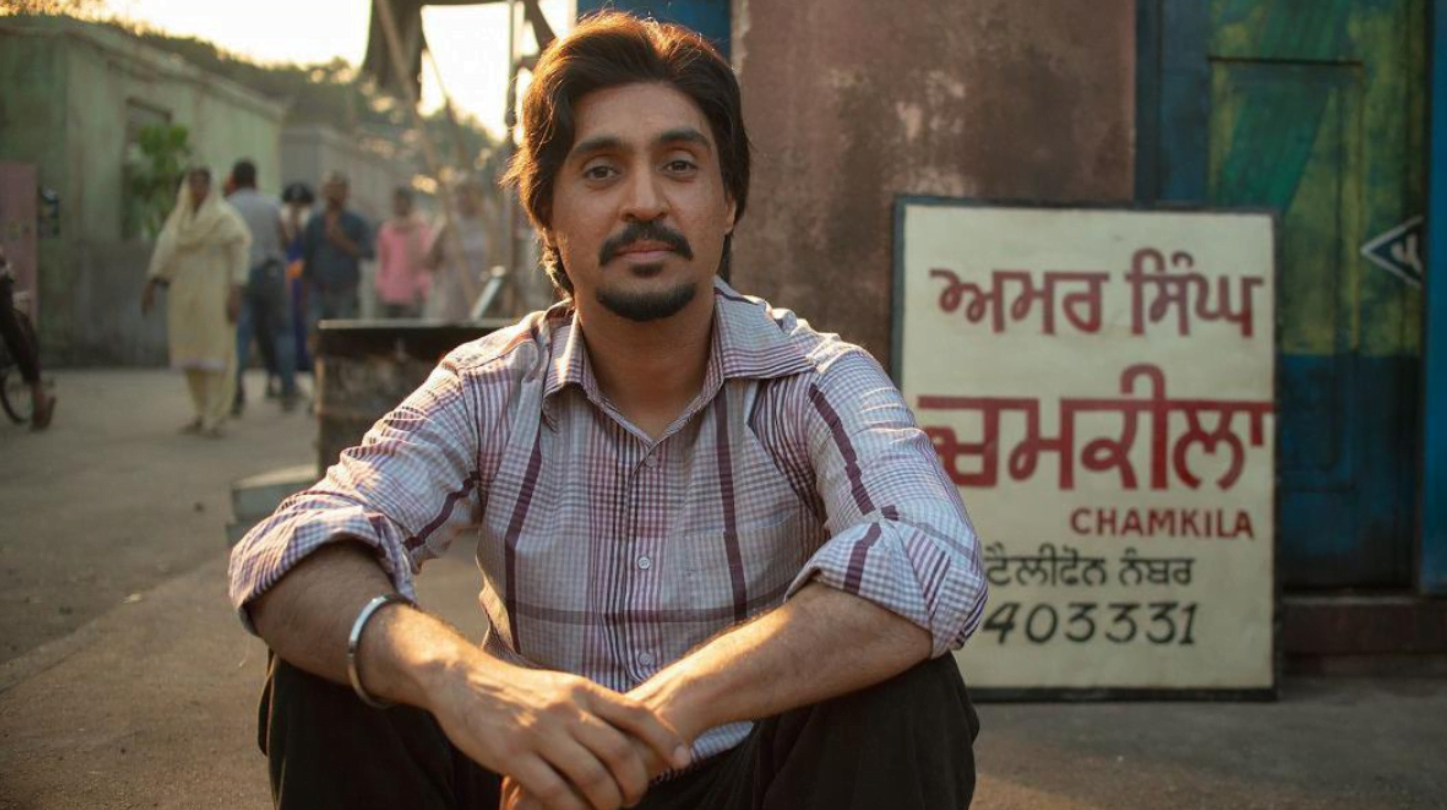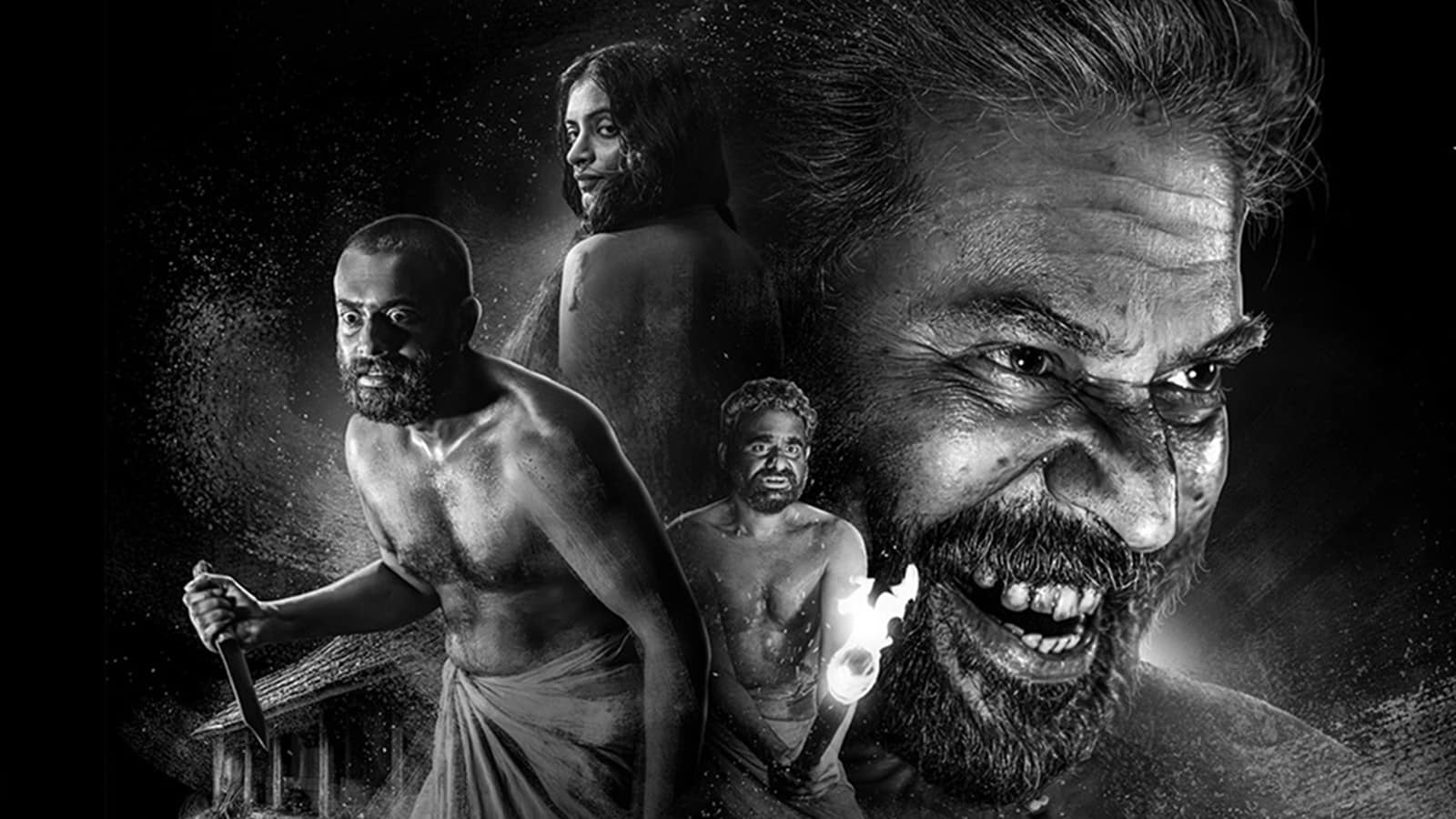Almost every Bollywood movie revolves around heterosexual couples, falling in love, getting separated and then rejoining. You change how they separated/rejoined and – boom! It’s a new movie. The same applies to Rajma Chawal. Considering its same clichéd story line, offensive humor, derogatory language, and a bad portrayal of the new generation, Rajma Chawal is far from being progressive. It has always been the favourite agenda of Bollywood to mock gay people, fat people, women, trans people, and many minorities, and this movie is no exception. Read ahead and you would find out why.
The story begins with a disturbed relationship between a widower, an authoritative father, Raj Mathur, and his mildly depressed son, Kabir, who are both going though the loss of the lady that united them. Communication gap between the two widens, when they shift from urban parts of Delhi to old Delhi (Chandni Chowk). While Kabir’s dream as a struggling artist shatters as his band breaks up because of the shift, we see some old and middle aged people introducing modern technology to Raj.
Raj is looking for alternatives to talk to Kabir, and like any sensible 75 year old aunt would, Beeji asks him to commit a cyber crime. In desperation to connect with his son, Raj creates a fake profile of a young girl (Tara) on Facebook. The way the profile of Tara was selected is also based on their shallow beauty standards – fair, tall, slim, dressed in traditional, with all the jewellery and braid. It wasn’t very hard to convince Raj for the approval of Tara, as those around him said those magical lines, that would instantly convince anyone to share platonic heterosexual feelings with his son, “Jab aisi tota ladki kisi ko request bhejti hai na, to koi mana nahi karta” (If a hot girl, like her, sends a request to a guy on Facebook, then that guy can’t reject her request).
I think I should also mention here that the movie, from the very beginning, tries to create a wave of sympathy for Raj – which is so Bollywood again, because we value family system so much that no matter how abusive or authoritative the parents are, they’re only doing it for ‘your own good’ (unlike movies like Udaan, that actually dealt with liberation). Raj Mathur, being an emotional manipulator, talks to Kabir (under the guise of Tara) and tries to build a soft corner for himself in his son’s heart. He also goes to his friends (Mathur) for advice where, we see a woman, who accuses Raj of harassing her, which was supposed to be a comedy scene – because how can women ever get it right? Mittal, by the way, is very creepy as he is actually shown to zoom in at the boobs of women, whose pictures are there in his phone.
Also read: (Mis)Representation Of Hijras In Popular Media.
Kabir, on the other hand, feels a strong connect with Tara and he shares this to his friend Sanju, who by the way, thinks that it is appropriate to objectify women (or as he calls them, “naya maal”) and be transphobic (when he says, “ladki ki shakal aur saman kuch aur”). In the parallel scene, we see Tara (real identity: Seher) shooing away a stalker by fat shaming him, followed by telling her friend that the stalker’s Mercedes is rented, as he was wearing Niki shoes, instead of Nike.
Phrases like, “Small town and big tummy” to talk of pre-marital pregnancy make me realise that they can only sensationalise and not sensitise.
A little back story about Seher (Tara) – she was pregnant back in Meerut, and then she eloped to Delhi when her family wasn’t being supportive and had to go to some random clinic in Paharganj to get her abortion done. The movie tried to touch upon the stigma associated with pre-marital pregnancy and lack of healthcare facilities for women, and how most women would want to hide it to save their ‘family’s reputation’. But again phrases like, “Small town and big tummy” made me realise that they can only sensationalise and not sensitise.
Fast forward to present day, she has a very different, rather rebellious appearance, which explains why she is portrayed as an ‘irresponsible party scum’, who ends up flattering men for her own benefits and splurges their money. So, obviously, since Seher has no financial support, she is a gold digger because that’s exactly what girls are, no?
The story, undoubtedly has an offensive, misogynist and sexist sense of humour.
Things take a turn when Sehar (Tara) has an accidental encounter with Kabir, at his concert, where she kisses him (without his consent, of course) in order to save herself from her hothead boyfriend, Baljeet. Raj panics after seeing Tara, and does the next best thing – finds Tara and pays her to play along.
She accepts money from Raj but eventually falls in love with Kabir and has a moral Nirvana, where now she wants to pay back all the people. While Kabir and Seher were growing close, Kabir ends up kissing Seher, without her consent, to piss off Baljeet. The next we know, Seher tells Baljeet, “Mujhse bhi sahi ladki set hogi tere se” (A better girl would settle for you), of course because he is a rich, creepy stalker and that is exactly what girls fall for, no? I love how, Baljeet also lowkey knows that Seher was with him only for his materialistic glory.
Overall, the plot of the story is painful, if not pathetic. The story, undoubtedly has an offensive, misogynist and sexist sense of humour. Raj ends up shutting down Seher, when he realises that things are getting serious between Seher and Kabir, and speaks bad about her character and her appearance (the same Raj, who thought sanskari Tara was attractive).
Under the garb of family drama, Rajma Chawal has ushered the worst nightmare of every kid – it could be their parent behind the profile of some other person. It is a difficult watch considering Bollywood industry has been growing a little progressive, with movies like Masaan, Udaan, Andhadun, where the plots of the movies are fresh and send across a message.
Also read: Film Review: Parched, Of Women Thirsting For More.
I fully understand that Bollywood is not the torch bearer for morally correcting the society, but when we normalise committing crimes such as cyber crime, identity theft, and many more and humourise misogyny, transphobia, the repercussions are not only on the community that stands offended by it but also on the people who had the potential of supporting the community. It’s funny how I watched it only because of the Leena Yadav label, because Parched had set a really high benchmark but Rajma Chawal is a complete letdown.
Featured Image Source: Variety




